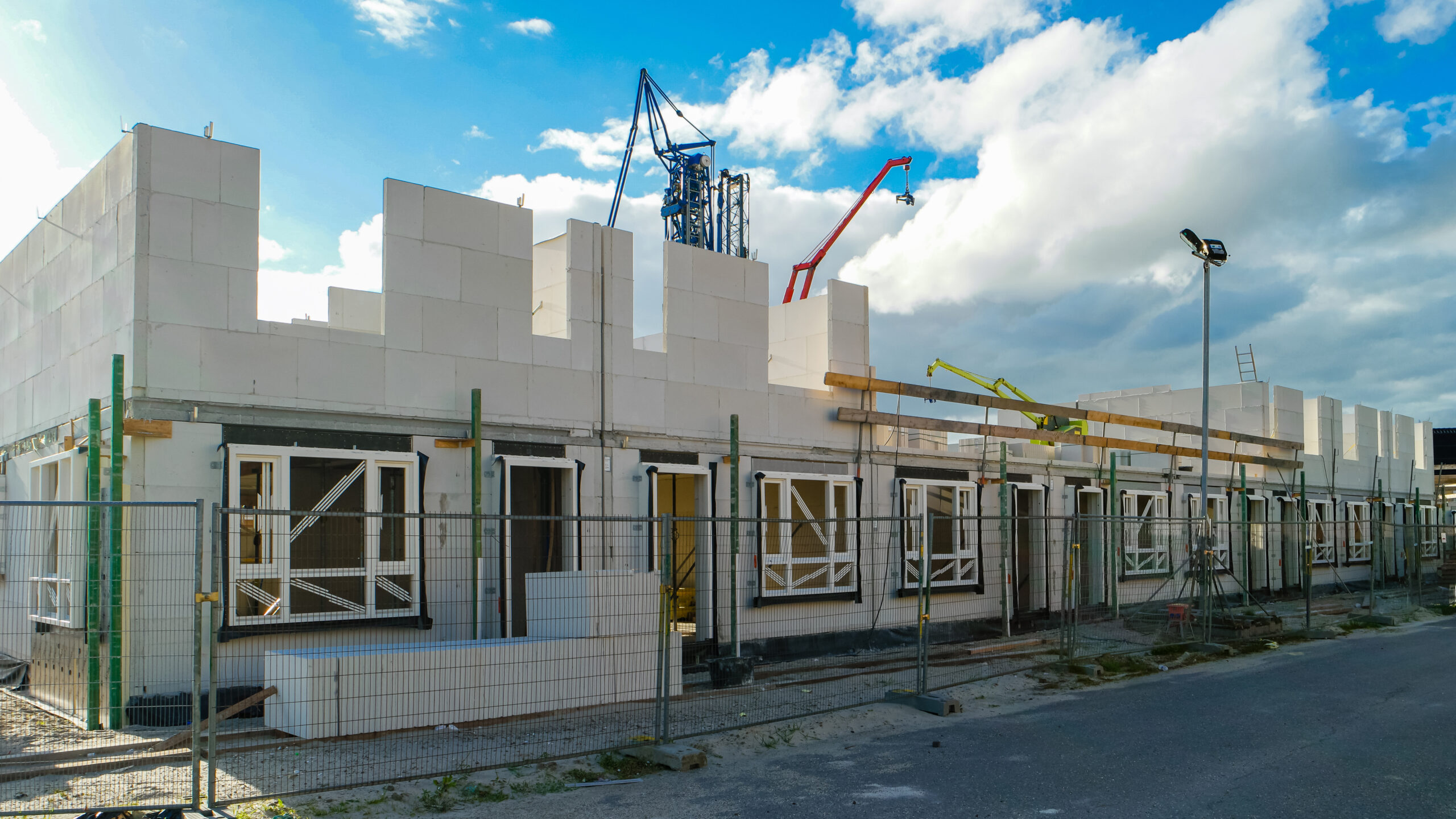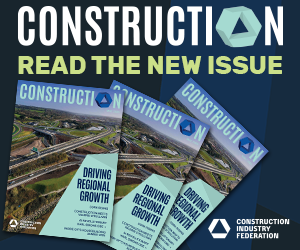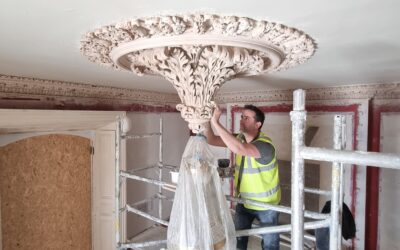Federico Nahuel Lazzari is Secretary-General of Build Europe and Director of Communications and Public Affairs, the umbrella organisation for national federations of developers and housebuilders. It represents around 70 per cent of the EU’s homebuilding capacity. As one of the speakers at this year’s IHBA housebuilding Summit he shares a European perspective on the sector
As the Secretary-General of Build Europe, I’m privileged to serve in a dual capacity, overseeing communications and public affairs while advocating for property developers and home builders across our diverse continent.
With a presence spanning 18 countries, our mission is clear: to navigate the complex terrain of Europe’s housing sector with resilience and innovation.
In a nutshell what we do is advocate at the EU level on behalf of homebuilders but also ensure that there is an exchange of best practices on the supply of new housing.
It’s very important to identify what is working well in certain countries and what is not working in others.
Each year we hold two congresses allowing us to have a strong indication of what is the state of play with housing across the EU.
While headquartered in Brussels, our reach extends far beyond borders, encompassing national federations and stakeholders dedicated to shaping a brighter future for housing. At the heart of our mission lies advocacy, a steadfast commitment to representing the interests of homebuilders at the EU level.
However, our mandate extends beyond advocacy alone. We strive to foster collaboration and knowledge exchange, recognising the value of sharing best practices to address the intricate interplay of housing supply and demand.
Yet, our journey is not without its challenges. In 2023, we faced a noticeable decline in housing production, with reductions ranging from 20 to 40 per cent across member states. In some cases, we have seen declines of almost 50 per cent.
Then we have countries such as France where we know that the production will go down in the next two years by 30 per cent as a result of radical implementation of European directives.
This decline is also partially due to the over-implementation of EU objectives related to land sobriety, which has reduced availability of buildable land, making it less affordable.
So that’s going to be a huge problem because already we have been witnessing for five years now a crisis in supply.
Then there is the ever-present concern around taxation, housing being one of those assets that is taxed at every stage of its development for a whole life cycle, from development to sale, ownership and lease, renting, transfer, it’s constant.
Despite these setbacks, there are reasons for optimism. While certain regions experienced more pronounced declines, others demonstrated resilience, underscoring the diversity of our housing landscape.
The imperative for sustainable housing solutions has never been clearer. Despite the challenges posed by regulations, our sector has made remarkable strides in reducing emissions and improving energy efficiency.
Modern homes are testament to our commitment to sustainability, with impressive gains in energy efficiency achieved through innovative design and construction techniques.
Our position is that the housing sector has already decreased its emissions by a lot.
It depends from state to state, but for example if you go to Eastern European countries and compare a house which is built today to a house which was built in 1990, you have a house which is 75 per cent more energy efficient and whose emissions are only 25 per cent of what they were in 1990.
As we look to the future, we must strike a delicate balance between ambition and pragmatism.
The directive requiring zero-emission buildings by 2030 presents an opportunity to accelerate our transition to a greener, more sustainable future.
However, we must ensure that these regulations are implemented thoughtfully, avoiding unintended consequences that
could hinder affordability and accessibility.

Newly built modern family homes in the Netherlands
We must ensure that European citizens have equal opportunities and incentives to retrofit their existing homes, or, alternatively, to access new homes which are by every metric more sustainable than existing ones.
Our call to action is clear: prioritise accessibility to new housing while promoting sustainability and innovation.
By fostering collaboration between governments, developers, and stakeholders, we can create an environment where everyone has access to safe, affordable, and sustainable housing.
In essence, what Build Europe urges the European Commission and the European Parliament to prioritise over the next five years is a concerted effort to increase access to new housing.
While the commitment to building green and zero-emission housing is commendable, it’s imperative that states provide support to first-time buyers and families to ensure that these new energyefficient and zero-emission homes are not solely accessible to the wealthy.
Furthermore, both the EU and national governments must work together to ensure that housing supply meets the escalating demand.
With demographic shifts indicating a rising population and an ageing demographic, our housing needs have evolved significantly.
Therefore, it is crucial that we take proactive steps to address these changing dynamics by focusing on accessibility, affordability, and sustainability in our housing policies.
In conclusion, while the challenges facing Europe’s housing sector are significant, they are not insurmountable. By embracing innovation, collaboration, and a spirit of optimism, we can navigate these challenges and build a future where housing is a source of stability, security, and opportunity for all.










